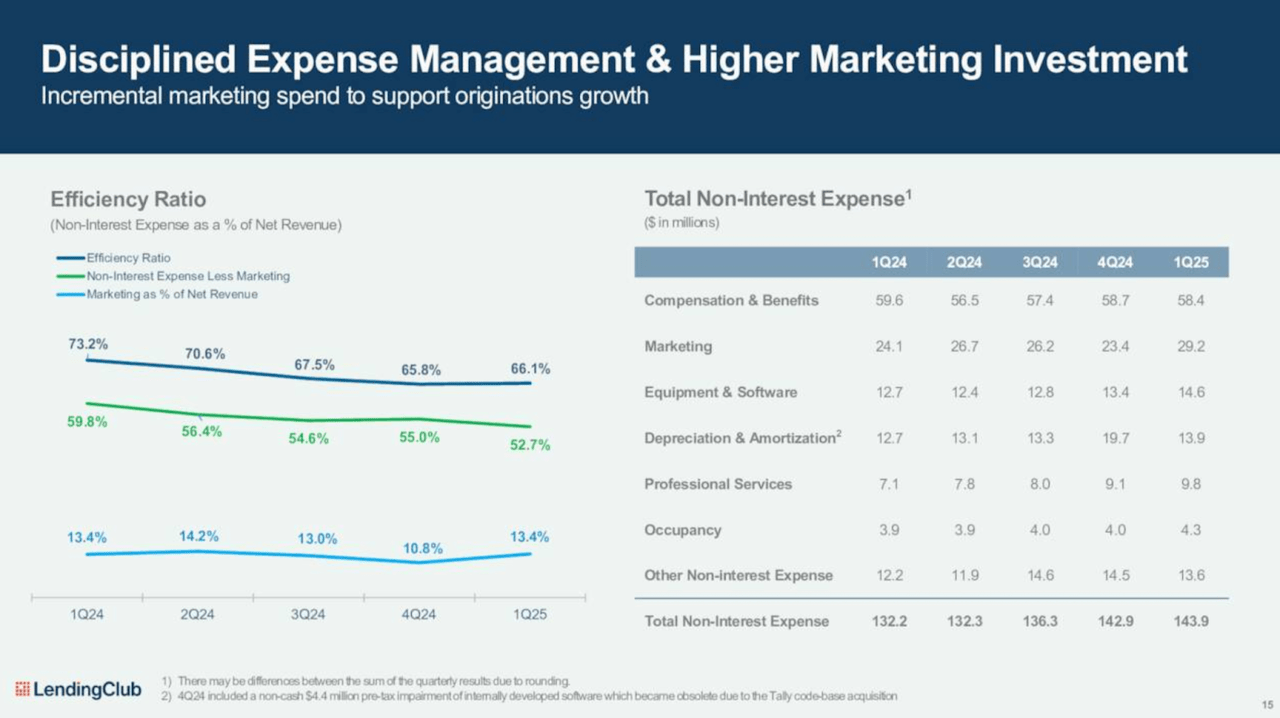US Development Finance Corporation Set for Major Overhaul: Expanded Powers, Higher Spending, and a Focus on National Security

The Trump administration's proposed overhaul of the U.S. International Development Finance Corporation (DFC) is poised to significantly expand its reach and influence. The plan, unveiled recently, outlines a dramatic increase in the DFC's financial capabilities, allowing it to invest in projects within high-income nations and bolstering its role in safeguarding U.S. national security interests.
A Quadrupling of Funding Power
At the heart of the proposal is a staggering quadrupling of the DFC’s lending and investment authority. Currently operating with a $60 billion budget, the DFC could potentially wield a $260 billion financial arsenal. This substantial increase would enable the agency to undertake larger and more ambitious projects, addressing critical infrastructure gaps, promoting economic growth, and fostering stability in developing and developed countries alike.
Expanding into High-Income Nations
Traditionally, the DFC (and its predecessor, the Overseas Private Investment Corporation, or OPIC) has focused its investments on lower-income countries. The proposed changes would relax these restrictions, permitting the DFC to finance projects in high-income nations as well. This shift reflects a broader strategic objective to compete more effectively with China's growing economic influence. By investing in infrastructure and development projects in Europe and other developed regions, the U.S. aims to counter China's Belt and Road Initiative and strengthen ties with key allies.
National Security as a Core Priority
The administration’s plan also emphasizes a greater focus on national security considerations within the DFC’s investment decisions. Projects that align with U.S. strategic interests – such as securing critical supply chains, promoting cybersecurity, and combating terrorism – will be prioritized. This heightened focus reflects the evolving understanding of development finance as a tool for advancing U.S. foreign policy objectives.
Implications and Potential Challenges
The proposed changes have sparked both excitement and concern. Supporters argue that the expanded DFC will be a powerful tool for promoting American interests and fostering global development. Critics, however, raise concerns about the potential for political interference in investment decisions and the risk of crowding out private sector investment. There are also questions about how effectively the DFC can manage such a significant increase in resources and whether it possesses the expertise to navigate the complexities of investing in high-income nations.
Congressional Approval Needed
The proposal requires Congressional approval, and its fate remains uncertain. The debate is likely to center on the appropriate balance between development assistance, national security considerations, and private sector engagement. The outcome will have significant implications for the U.S.’s role in global development and its ability to compete with China in the 21st century.
Looking Ahead
The proposed overhaul of the DFC represents a significant shift in U.S. development policy. Whether it ultimately succeeds in achieving its ambitious goals remains to be seen, but it undoubtedly signals a renewed commitment to using development finance as a strategic tool for advancing American interests and promoting global prosperity. The coming months will be crucial as Congress debates and potentially shapes the future of this powerful agency.






